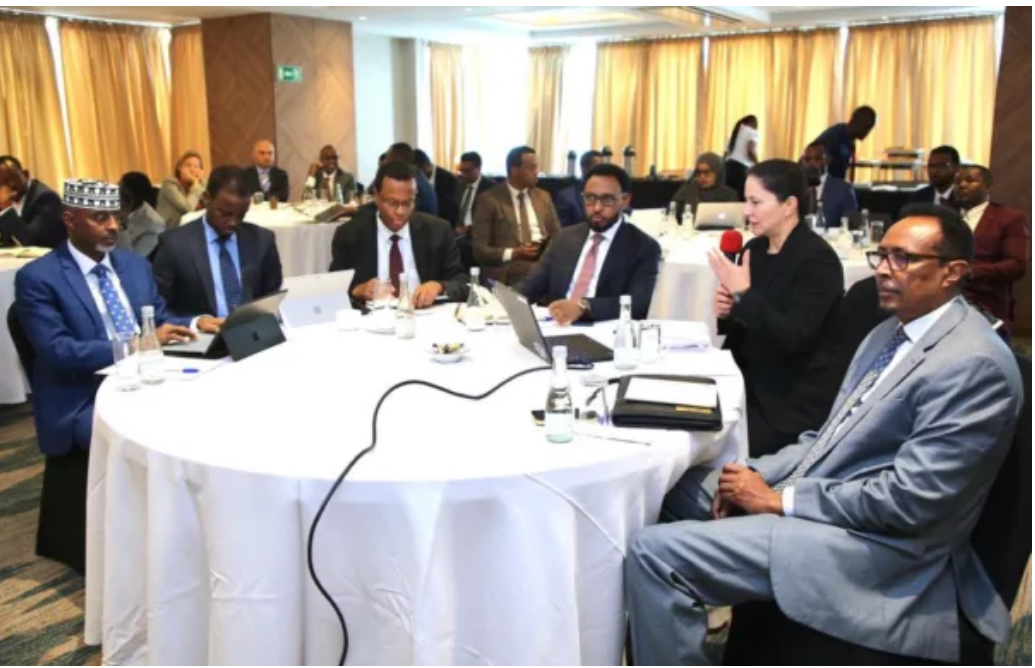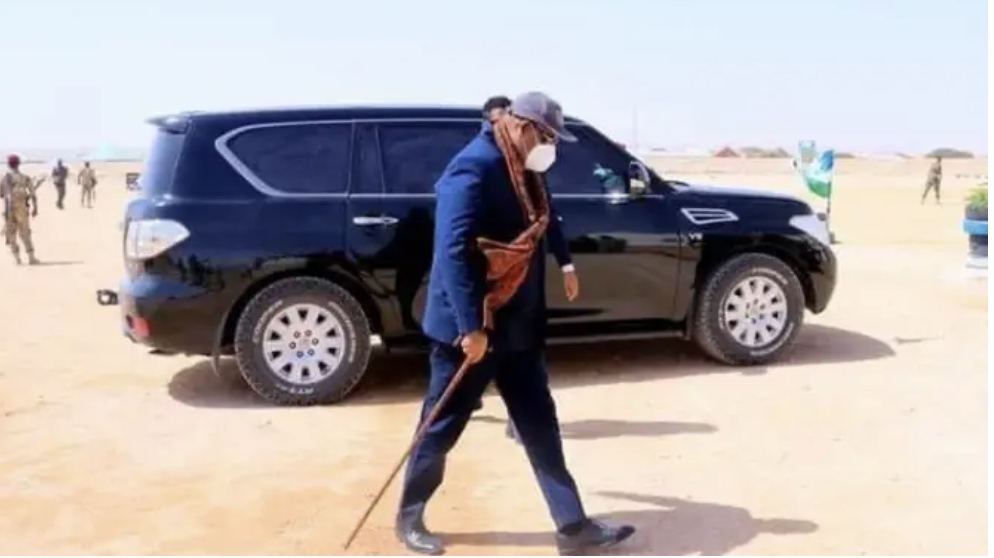An International Monetary Fund (IMF) delegation, led by Laura Jaramillo, has concluded a series of discussions with Somali authorities held in Nairobi, Kenya from September 11 to 21, 2023. The meetings resulted in a staff-level agreement on the sixth review of Somalia’s Extended Credit Facility (ECF) arrangement. However, this agreement is subject to approval by the IMF’s Executive Board…
At the conclusion of these discussions, Ms. Jaramillo issued a statement highlighting key aspects of their deliberations:
Challenges Amid Progress
Somalia has made commendable strides in rebuilding its economy and institutions, although it continues to confront substantial challenges. Despite improved rainfall in the first quarter of 2023, economic recovery has been hampered by the persistent effects of past droughts, recent floods, and a decline in remittances. Food insecurity remains a pressing concern, and security issues persist in some regions. Near-term risks loom large, particularly the potential exacerbation of food insecurity in the absence of sustained favorable weather conditions or a global food crisis.
Economic Projections
The IMF’s outlook for Somalia’s economic growth in 2023 is cautiously optimistic, with a forecast of 2.8 percent. Inflation is projected to reach 5.7 percent. Importantly, the overall fiscal balance is anticipated to show a minor deficit of 0.1 percent of GDP, to be covered by existing cash balances. Looking ahead to 2024, robust revenues are expected, bolstered by key reforms such as the implementation of an automated customs system in Mogadishu. The budget for 2024 is designed to accommodate expenditures that support growth, security, and development while keeping discretionary spending in check. Significantly, domestic revenue is projected to cover employee compensation in 2024, underlining the nation’s fiscal progress. Continued external financing remains pivotal for budget support.
Fiscal Reforms in Action
Somali authorities remain dedicated to advancing fiscal reforms. Key initiatives include modernizing customs procedures, enacting a new income tax law, and enhancing revenue collection, particularly from large enterprises such as the telecom sector. Public financial management has been strengthened, with ongoing improvements in payroll system integration, invoice tracking, procurement practices, and non-financial asset management. Substantial progress has also been made in reforming the petroleum sector’s legal framework.
Financial Sector Enhancements
The Central Bank of Somalia (CBS) is actively promoting institutional governance and financial sector reforms. These efforts encompass regulatory and supervisory capacity building, legislation, and the implementation of risk-based prudential regulations. Measures to combat money laundering and terrorism financing risks are underway, including the enactment of the Targeted Financial Sanctions Law. Nevertheless, challenges remain in this domain, necessitating further actions.
HIPC Completion Point Nears
Somalia is steadily working towards achieving the Heavily Indebted Poor Countries (HIPC) Completion Point by December 2023. Most HIPC Completion Point triggers have already been implemented, and as of July 2023, debt relief agreements have been signed, representing 76.8 percent of the net present value of debt after traditional debt relief. These agreements encompass creditors from the Paris Club, the Kuwait Fund for Arab Economic Development, and the Saudi Fund for Development.
Request for Continued IMF Support
In light of the positive developments and ongoing challenges, Somali authorities have formally requested a successor IMF-supported program. This program would enable the continuation of vital reforms, aimed at fortifying key economic institutions, fostering macroeconomic stability, and promoting inclusive growth. Discussions regarding this request are ongoing, with an emphasis on building upon the progress achieved thus far.
Crucial Role of Development Partners
The successful implementation of reform strategies heavily relies on timely financing and capacity development support from international development partners. Contributions to the Somalia Country Fund are deemed critical in facilitating the delivery of IMF technical assistance, which is pivotal in supporting the authorities’ reform agenda.
In closing, Ms. Jaramillo extended gratitude to the Somali counterparts for their constructive and productive dialogue during the discussions. The meetings involved high-level representatives, including the Minister of Finance, the Central Bank Governor, government officials, development partners, and private sector representatives. The IMF remains committed to assisting Somalia in its journey towards economic stability and development.
Source: IMF




